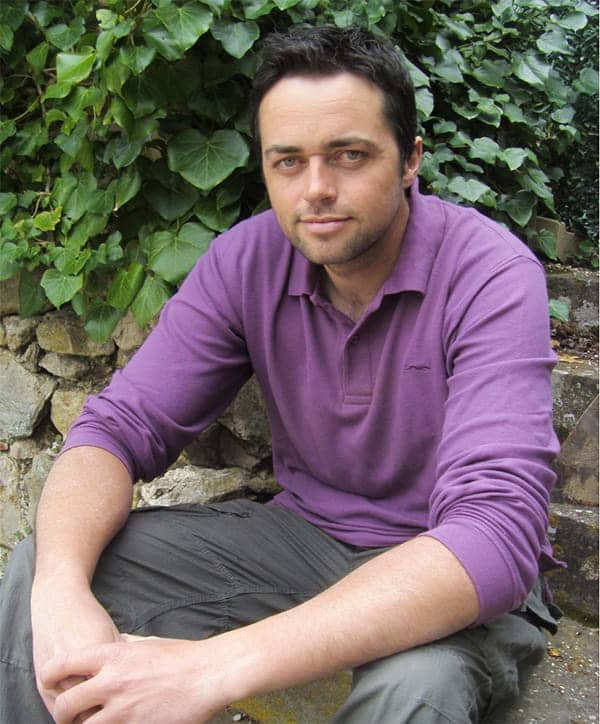Château Sainte Anne was among the founders of the natural wine movement, and has followed organic, biodynamic and natural agriculture and winemaking since the 1960s.
The vineyards of this 15-hectare estate are situated on steep, terraced slopes just a few kilometers from the Mediterranean, where the sea breezes create a microclimate that moderates the hot summers and permits a relatively low level of alcohol. The old vines, all Goblet pruned, range from 35-85 years of age, and are grown in chalky limestone soil with a southeastern exposition. 75% of the production is red, 20% rosé and 5% white.
Each variety is manually harvested at full ripeness and then de-stemmed. There is no temperature manipulation: neither the fruit nor the juice is heated or cooled. The reds ferment over wild yeasts in stainless steel vats for about 15 days, during which the cap is punched manually. Pressing is direct. Malolactic occurs naturally, after which the wine is racked by gravity into old/neutral, foudres where it ages for 20-22 months. There is no fining or filtration. Sulfur is avoided with, at most, 2g/hL being added at bottling.
The rosé wine is half bled and half free-run.They are likewise fermented by variety in stainless steel over indigenous yeasts. Malo proceeds naturally. The young wine is aged in enameled steel tanks and then blended and bottled, without fining or filtration.


